Home
A new complexion of British politics was revealed by the capture of Hartlepool by Jill Mortimer for the Conservatives in a by-election, with 15,529 to the Labour candidate’s 8,589. Since its formation in 1974, the constituency had been Labour. Sir Keir Starmer, the Labour leader, said his party had ‘lost the trust of working people, particularly in places like Hartlepool’.
Already a subscriber? Log in
Subscribe for just $2 a week
Try a month of The Spectator Australia absolutely free and without commitment. Not only that but – if you choose to continue – you’ll pay just $2 a week for your first year.
- Unlimited access to spectator.com.au and app
- The weekly edition on the Spectator Australia app
- Spectator podcasts and newsletters
- Full access to spectator.co.uk
Or
Unlock this article
You might disagree with half of it, but you’ll enjoy reading all of it. Try your first month for free, then just $2 a week for the remainder of your first year.

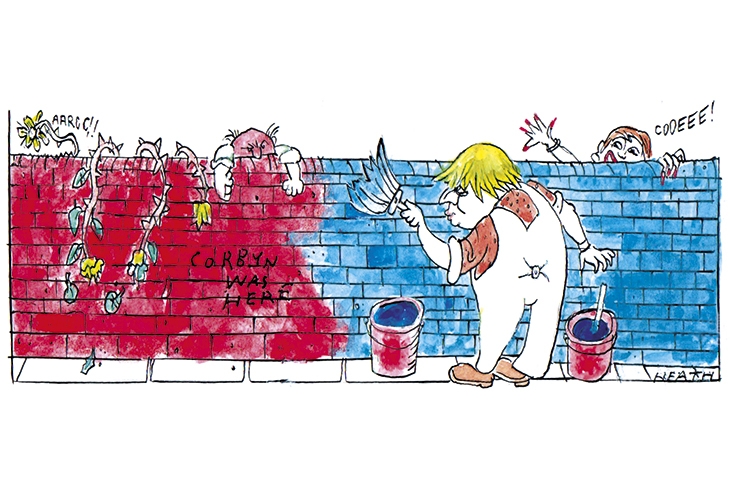
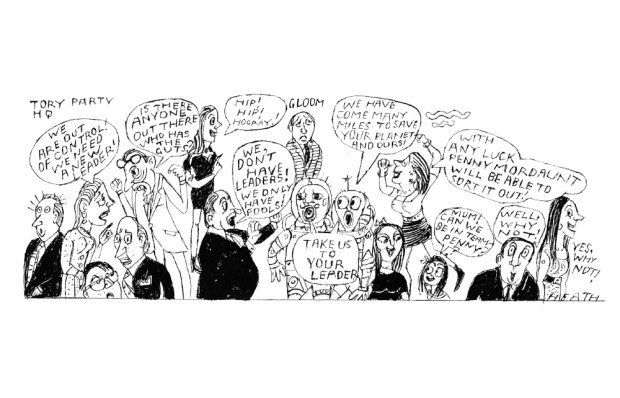
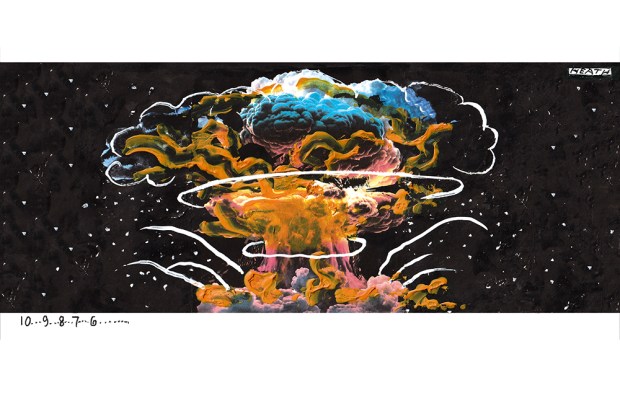
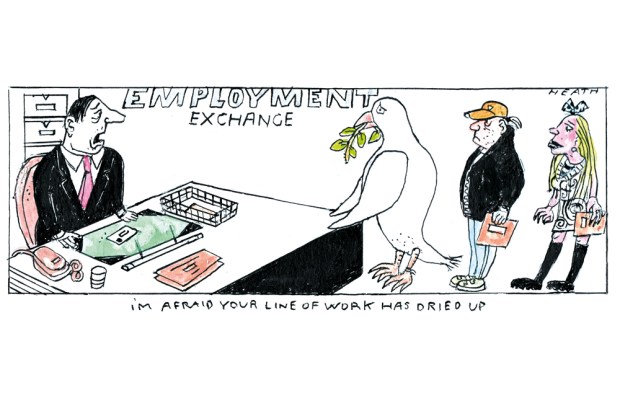
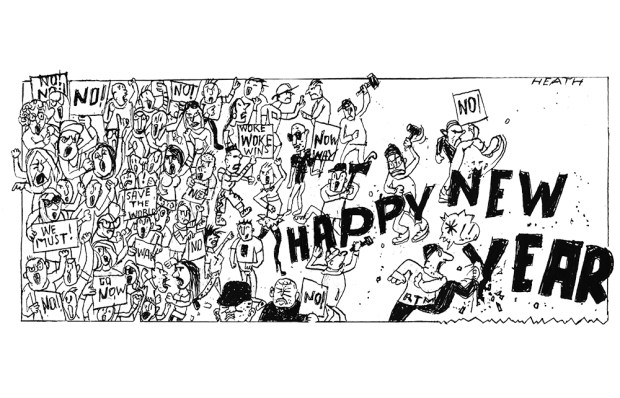
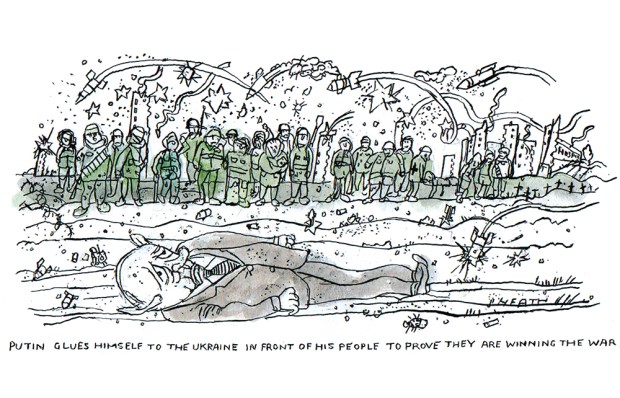
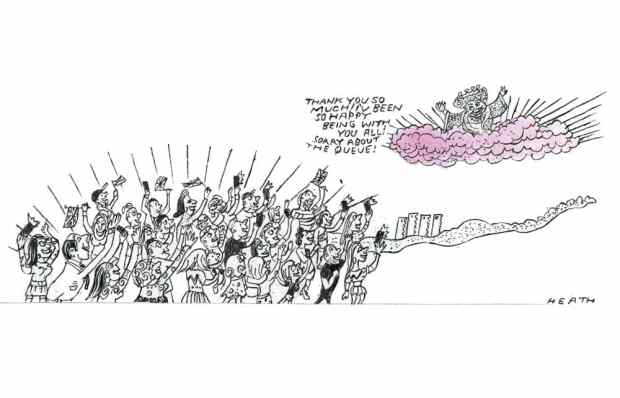






Comments
Don't miss out
Join the conversation with other Spectator Australia readers. Subscribe to leave a comment.
SUBSCRIBEAlready a subscriber? Log in